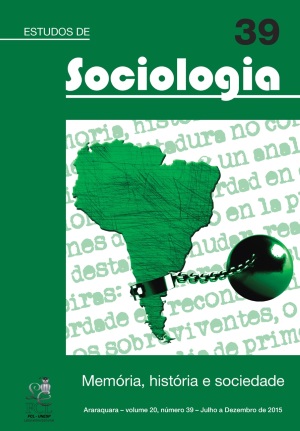Dinâmicas do atendimento ao cidadão: estudo sobre o Disque-Câmara
Palavras-chave:
Atendimento ao cidadão, Democracia, Câmara dos Deputados, Poder legislativo,Resumo
O artigo analisa as dinâmicas de recepção e registro das demandas dos usuários do sistema de atendimento telefônico gratuito da Câmara dos Deputados. O objetivo foi efetuar uma imersão no universo em que os operadores do sistema de atendimento trabalham e convivem, com o intuito de entender como as demandas são recebidas, registradas e processadas. Foram priorizados os procedimentos na interação atendente-cidadão, o que inclui um protocolo específico para a linguagem telefônica. O resultado dessa interação é o registro material das mensagens, em texto e áudio, que são reduzidos a um dispositivo de inscrição burocrática, caracterizado pela racionalidade estatística. Em suma, o Disque- Câmara é regulado pela disciplina, mas constitui uma ilha funcional, desconectada das demais redes de participação social do parlamento. O referencial teórico tem como suporte visões sociológicas sobre a função mediadora do parlamento e o uso de redes sociotécnicas nesse processo. A metodologia consiste na realização de uma pesquisa de campo, que combinou visitas ao local, observação direta, entrevistas e análise documental.
Downloads
Downloads
Publicado
Como Citar
Licença

À revista Estudos de Sociologia ficam reservados os direitos autorais pertinentes a todos os artigos nela publicados.
Os artigos publicados e as referências citadas na revista Estudos de Sociologia são de inteira responsabilidade de seus autores.
A Estudos de Socilogia utiliza a licença https://creativecommons.org/licenses/by/4.0/ (CC BY), que permite o compartilhamento do artigo com o reconhecimento da autoria.



